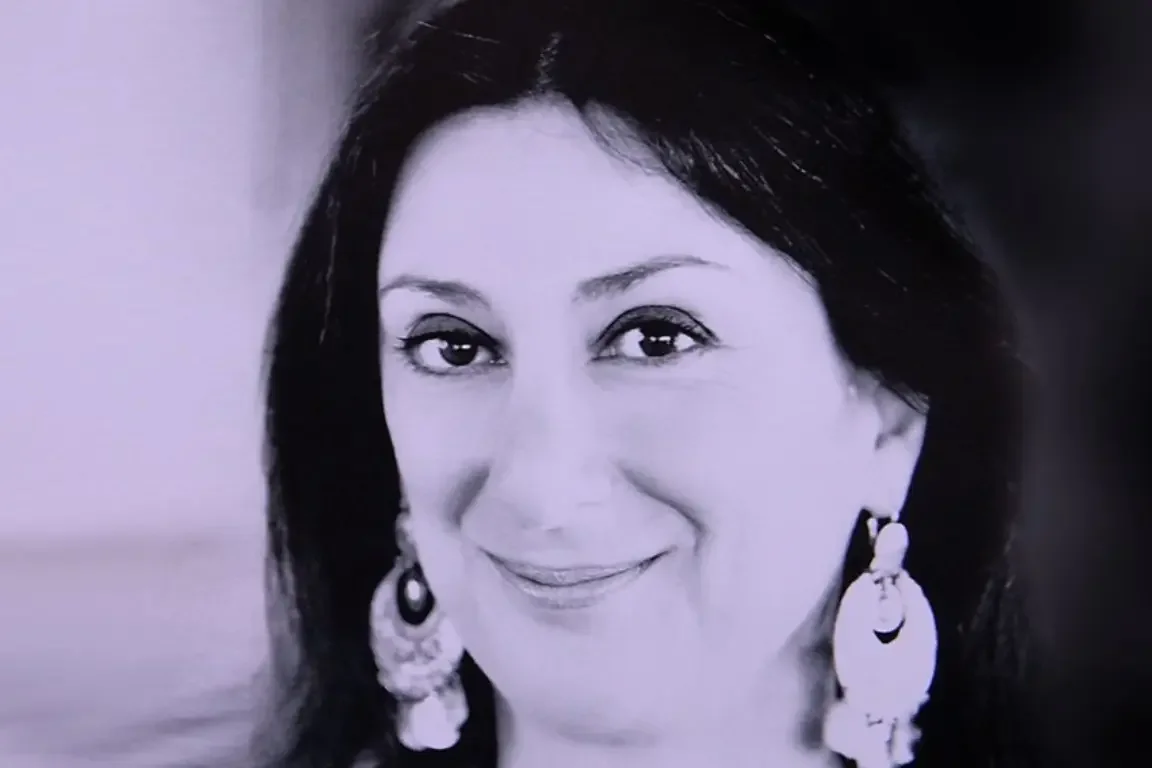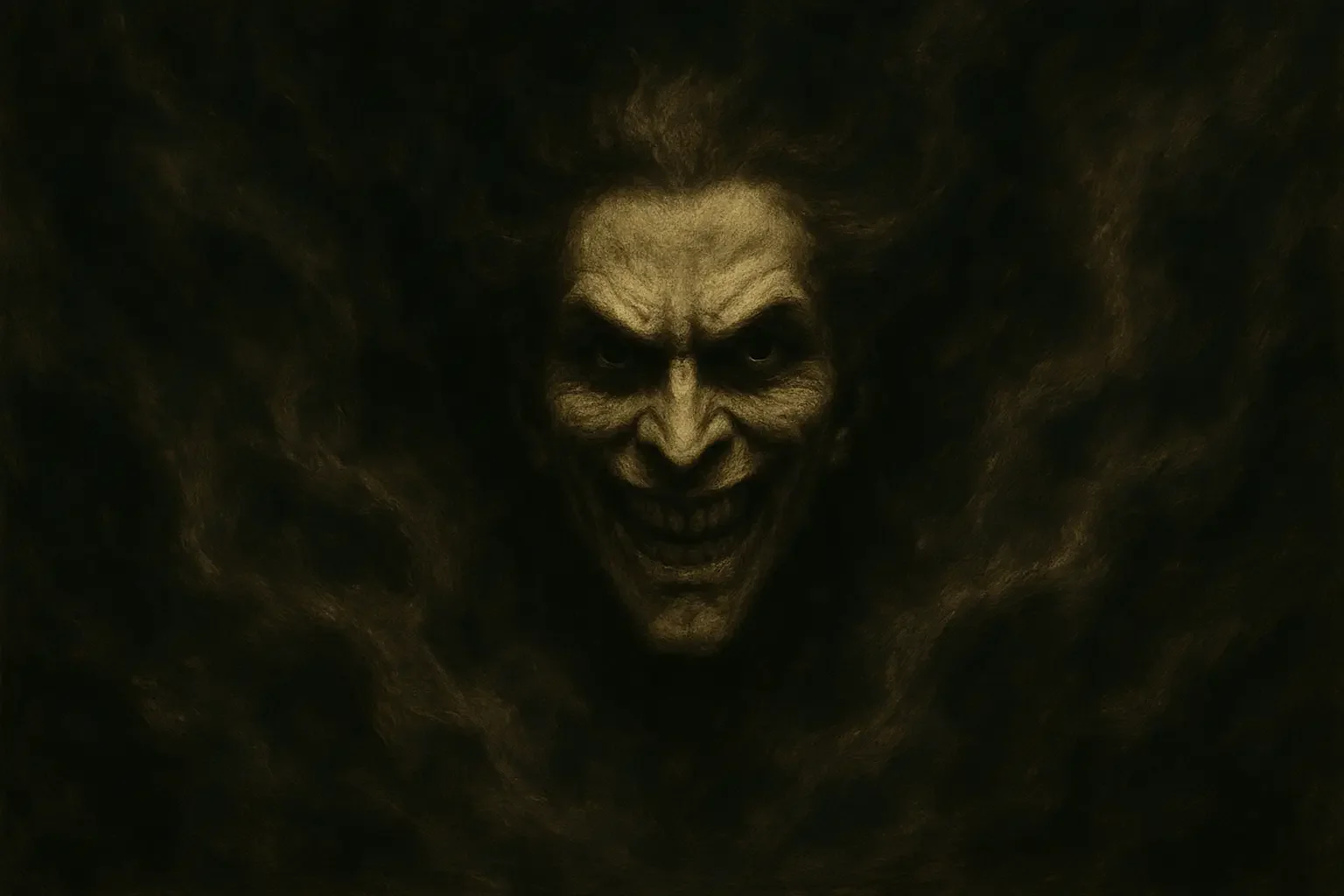Death in Opposition
“There are crooks everywhere you look now. The situation is desperate.”
These are the last published words of Malta’s most controversial journalist, Daphne Caruana Galizia. Unfortunately, her last spoken words will never be known. Thirty minutes after posting her final blog entry, Daphne was brutally murdered by a car bomb. After hearing the explosion, Daphne’s son Matthew rushed out of the house to find pieces of his mother strewn over the road and the remnants of the car on fire.
I spend my evenings listening to programs on BBC Radio 4. I enjoy listening to dramas since I find them relaxing but coming across a recent series about the life of Ms Caruana Galizia stimulated me into writing about her. The programme is still available, and I strongly recommend people go and listen to the history of this incredible woman. It is rare, particularly in this day and age, to come across a character in journalism who is as principled and truly oppositional.
Formative Oppositionism
The obscene murder of a journalist in such a way is not what we’re used to hearing about in EU member states. Maybe if it were Russia or China, the impact (lamentably) would be less meaningful; you do not expect to read about such horrors in a country bound in a democratic tradition. Daphne’s death led to shock waves reverberating throughout the world for this reason. In Europe and the Western world, we take freedom of speech for granted and expect that others respect our liberty to express whatever opinion about anything or anyone we wish.
Daphne’s principled oppositionism was fueled from an early age. Malta during the 1980s was overrun by intense political turmoil, beginning in 1979 after the Black Monday incident, in which “socialist thugs” who supported the Mintoff government invaded and raided the home of then opposition leader Eddie Fenech Adami. The 1981 general election had led to a constitutional crisis in which the Nationalist Party had won the majority of the popular vote but had a minority in the Maltese unicameral parliament.
In a pro-democracy protest against the government in 1982, an eighteen-year-old Daphne was arrested and detained for 48 hours. After the election in 1987, the Nationalist Party came to power, and Daphne, burning still with her anti-authoritarian activism, embarked on her career in journalism. She was a columnist for both the Times of Malta and the Malta Independent and also the editor of two lifestyle magazines.
In 2008, Daphne started her blog. Running Commentary, as it was named, became her scene for shattering the chilling-effect censorship within the Maltese mainstream media, described by her son Matthew as a “climate of fear”. The main targets of her keyboard were the upper-echelons of the Maltese Labour Party, including the current prime minister Joseph Muscat, who at the time had just become leader of the party when she started writing her blog. Her blog became huge and attracted even more readers than the other news sources on the island. On it, Daphne began an unrelenting battle against the corruption of Malta’s political elites.
Giving No Quarter
According to Article 144 of Malta’s electoral law, the country observes a period of political silence a day before and on the day of a general election. On the 8thof March 2013, the day before a general election, Daphne was arrested at 9:30pm for breaking this law for publishing an article along with videos, criticising Joseph Muscat. She was then brought to the police station and questioned for two hours until she was released. After she’d been questioned, she was interviewed outside the police station where she criticized the electoral law as being “absolutely appalling”, and that she remarked upon how quickly it took the police to get a warrant for her offending article. Despite breaking the electoral law, it is odd that a journalist running a fairly informal blog would have been of special interest to the police.
Despite Daphne’s best efforts, the Labour Party won the 2013 Maltese election after fifteen years in the wildness. A Eurosceptic party, it was the first time the party was in power since Malta joined the European Union in 2004. It was a definite shift in Malta’s politics. Daphne, however, was not deterred from her anti-corruption crusade and maintained a stream of anti-Labour exposés from the moment the party came to power. Daphne documented Malta’s dark underworld and corruption. It is a shame that a country’s reputation should be so tarnished by the practice of the state.
Ms. Caruana Galizia, in her unrelenting style, exposed the Labour government’s incompetence and financial malpractices. She wrote openly about the government’s complicity in the sale of passports to non-EU businessmen, the so-called “golden passport programme”. The sick selling off of Malta’s dignity in exchange for significant economic boons was being perpetrated by those who were meant to guard said dignity. She also revealed the alarming relationship between Malta’s police corps and wealthy businessmen, when she went public about the acting police commissioner Ray Zammit’s corrupt involvement with the Gaffarena family whose son-in-law Stephan Caruana was under investigation for murder. The stalling of the investigation resulted in the process being five years longer than it should have been.
Daphne was one of the leading journalists to break the Panama Paper’s scandal in 2015. Weeks before the story became international, Daphne revealed that Konrad Mizzi, the then Minister for Health and Energy, and Keith Schembri, the Labour Party Chief of Staff, had been involved in a long list of offshore dealings and tax avoidance. She later revealed the case of Egrant which was another Maltese company set up the Mossack Foneca law firm. Daphne linked Egrant to the prime minister’s wife based on the information given to her by a whistleblower, but so far, the evidence backing this accusation up has been non-existent. The scandal, however, prompted the Maltese Labour Party to hold a snap election in 2017 which they won with a larger majority than in 2013.
In her final months, the target of Daphne’s blog turned from the Labour party and to her political home. Adrian Delia, the now oppositional and Nationalist Party leader, was only a hopeful at the time he came up against Ms Caruana Galizia sword of outrage. She was adamant that he was not fit to lead the party based on his past activities as a lawyer, including connections he had with a London-based brothel. Delia filed a number of libel cases against Daphne for the accusations. Two months after she published these accusations, Daphne was killed.
Daphne's Legacy
It’s been nearly two years since Daphne was killed and the investigation is still on-going. Malta has been criticized for not carrying out the investigation effectively and that failures in the Rule of Law have affected bringing those responsible to justice. Joseph Muscat has blocked a public inquiry into the circumstances of Daphne’s murder which is in violation of the ECHR. Her funeral, which was conducted by the Archbishop of Malta, attracted a few hundred people to pay their respects and Malta observed a national day of mourning.
The first time I saw Daphne speaking it was in the video interview she gave outside the police station. Despite being tired, her voice carried that air I associate with truly oppositional characters. Righteous ire is among one of the more persuasive techniques of oratory, and one which few can pull off well. Daphne had just the right indignation and principle to do so. The reason why I felt so motivated to write about this amazing woman was because there are so few people like her. The sheer power in her no-nonsense approach to oppose all wrong at every opportunity, to go out every day in the face of death threats and intimidation is something remarkable. Her house was set on fire twice, her dog killed and lived with constant insecurity
She was a mother to three boys: Matthew, Andrew and Paul with a husband, Peter, and with their support she was able to go out and do the right thing. As a woman, she was subject to misogynist abuse. She was known as a “witch” by those who hated her, and she shamed those who thought themselves too good to be criticised by a woman. There’s an incredible element of power about her. She was truly a warrior who fought against extremely powerful figures who had the might of the state on their side. There’s something remarkable and unique about someone so prepared.
Daphne was a noble crusader above anything else. I don’t agree with her on everything neither do I particularly think her firebrand attitude towards her critics online was pragmatic. Yet, she was no lapdog to the establishment or partisan like so many journalists are nowadays. Neither was filled with so much hatred for her country that she was willing to compromise our national security just to show it up, like the vile criminal Julian Assange; her targets were individuals who were damaging Malta, not Malta herself. She led an opposition to power in a genuine way and tried to maintain a check on a ruling class which otherwise could have got away with anything.
Her last published words are disturbing. It might send you spiralling down into either a radical sense of paranoia or a deep, darkening pessimism. Afterall, why should you be calm or relaxed with such a declaration of desperation? If the forces of corruption and scandal opaque any further the already mistrusted transparency which we acknowledge today, a flicker of panic is bound to stir.
But this shouldn’t be a surrender. It is a call to arms. She did not believe what she was doing what bravery because it should never be brave to speak truth to power in a democracy, it is a duty. But what she was doing was brave, because no one else was really doing it. This is really a call for journalists and to ordinary people to start speaking honestly and principally holding power to account. If you want a role model, Daphne Caruana Galizia is a fine, fine example.



